Are you stressed out about how to optimize your nutrition for better mental health? We’re in this together.
I recently had the pleasure of co-leading a women’s wellness retreat in upstate New York with my dear friend Mandy DiMarzo, owner and founder of BURN by Mandy. My role at the retreat was to serve as a nutrition educator and coach for women in their 40s and 50s. The women I met there were strong, brilliant, thoughtful and accomplished. And yet, I soon learned even they were not immune from the swirl of information filling the vacuum left by the scientific and healthcare communities on women’s health issues. As a nutrition and exercise scientist, as well as a fierce advocate for women's health, this experience highlighted a crucial gap in knowledge and understanding regarding women's longevity and healthy aging.
Guidance on nutrition and supplementation for healthy aging and longevity shouldn’t be complicated.
Despite the remarkable strides in scientific research, there remains a significant deficit in the literature concerning women's health, particularly in areas such as nutrition and supplementation, healthy aging and longevity. Did you know that only 6% of performance literature is done on women (Cowley et al., 2021), and – this is going to blow your mind – only 0.5% is done on women in the neuroscience (i.e. brain health) field (Jacobs, 2023). The women at the retreat expressed frustration and confusion, which underscored the dire need for accurate information and guidance tailored specifically to women's unique physiological and hormonal profiles.
Confusion about dietary choices, fueled by misinformation, can exacerbate mental and physical stress.
Confusion about dietary choices, fueled by misinformation, can exacerbate mental and physical stress by instilling doubt and anxiety about which foods are truly beneficial. This uncertainty may lead to restrictive eating patterns or constant worry about making the "right" choices, contributing to feelings of guilt or inadequacy when deviations occur. Moreover, the physiological consequences of inconsistent or inadequate nutrition can further amplify stress responses in the body, impacting both mental wellbeing and physical health over time.
My experience at the women’s retreat reaffirmed my commitment to bridging the gaps that exist by providing evidence-based insights that empower people (especially women!) to make informed decisions about their health. This involves not only conducting rigorous scientific studies but also communicating the findings in a clear and accessible manner. I recognize the importance of translating complex scientific concepts into practical strategies that resonate with women of all backgrounds and ages. By disseminating accurate information through channels such as workshops, seminars, online platforms and written publications, I aim to empower women to take proactive steps toward optimizing their health and longevity. I strive to debunk myths and misinformation surrounding women's health, challenging societal norms and biases that lead to frustration and disillusionment. Through collaborative efforts with healthcare professionals, policymakers, and women's advocacy groups, I’m dedicated to fostering a culture of inclusivity and empowerment where women can thrive and lead healthy, fulfilling lives.
I’ve said it before and I’ll say it again: if you want to stay healthy, get back to the basics.
The way I see it, when it comes to allaying confusion and frustration surrounding nutrition, fitness, and health, the best place to start is by getting back to the basics. While it may not be sexy, trendy, or exciting, the truth is that consistency is the name of the game when it comes to increasing our healthspan – or maximizing the number of years lived in good health.
A few months ago, I was invited to speak at the American Council on Exercise Health and Fitness Summit on Mental Health. I gave a presentation on the simple, foundational building blocks that support brain health. I was so inspired by the event that afterward, I sat down and wrote an easy-to-read guide on how to fuel your body to support your mental health – both from a nutritional perspective as well as for peace of mind. In honor of Mental Health Awareness Month, I’m excited to share the guide with you today in the form of an eBook. If you wouldn’t mind, please send it to a friend who may be stuck in the swirl.
Click the button below to get your free copy of the eBook, “Mental Health: Fueling Your Brain for Optimal Performance.”
References
Cowley, E. S., Olenick, A. A., McNulty, K. L., & Ross, E. Z. (2021). “Invisible Sportswomen”: The sex data gap in sport and exercise Science research. Women in Sport & Physical Activity Journal, 29(2), 146–151. https://doi.org/10.1123/wspaj.2021-0028
Jacobs, E. G. (2023c). Only 0.5% of neuroscience studies look at women’s health. Here’s how to change that. Nature, 623(7988), 667. https://doi.org/10.1038/d41586-023-03614-1


